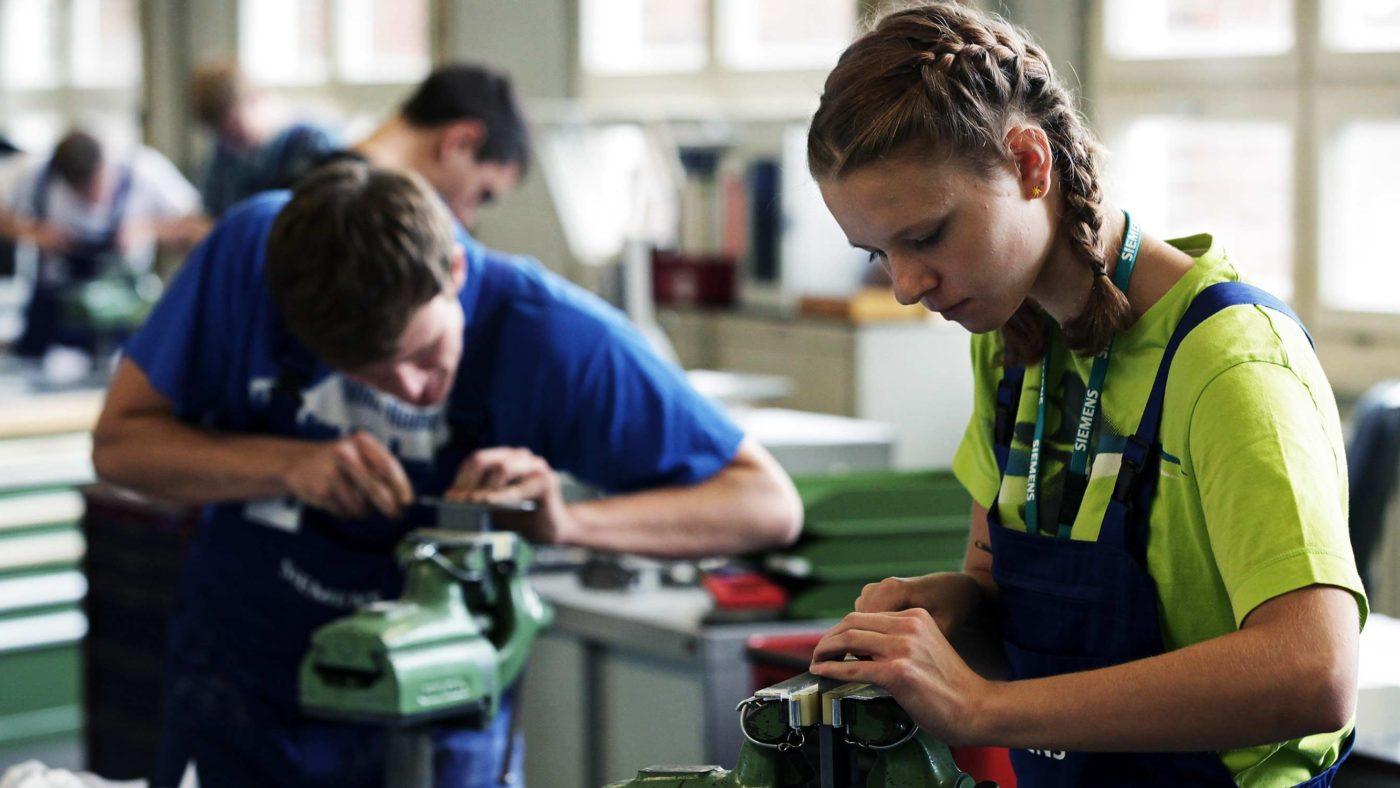There is no direct equivalence between the UK’s historic decision to leave the EU and the extraordinary election of Donald Trump in the US. Yet to some extent, a number of common denominators explain both populist movements.
If centre-right movements want to survive across the Western world, they will need to consider how best to address these over the coming years.
First, ordinary families in the UK and US are facing similar economic challenges. Since the financial crisis, the standard of living for those on average incomes has fallen.
The process of deindustrialisation has been observed in both countries to a similar degree, affecting communities that used to be reliant on traditional industries.
Since 1980, both countries have moved from significant trade surpluses in manufacturing to substantial trade deficits. There has been some recent reshoring of manufacturing activity to the US on the back of the shale gas revolution, but evidence is increasingly suggesting that this trend may now be stalling.
Immigration is also a major issue on both sides of the Atlantic. In the US, Pew Research estimates that there are 11.1 million unauthorised immigrants – most of whom have crossed the US-Mexico border.
In the UK, the Conservative Party has spectacularly failed to meet its pledge of getting net immigration down “from the hundreds of thousands to the tens of thousands” – despite a clear public majority seeking greater controls on migration.
Although not wholly responsible, freedom of movement rules across the EU have exacerbated the Government’s problems in this area.
This perception of a lack of control over immigration has certainly contributed to discontent with governing institutions of the EU and the US. According to a Gallup Poll, Americans’ confidence in Congress stands at just 9%.
But immigration control is not the only reason for the unpopularity of these institutions. There is a broader sense that they are remote, unaccountable and elitist.
The intense lobbying activity in both Washington and Brussels only adds to this impression. US corporations spend around $2.6 billion a year on lobbying, while the Brussels bureaucracy receives representations from an estimated 30,000 lobbyists.
The EU even allocates public funds to non-governmental organisations, which in turn lobby the EU for specific policy proposals.
So, what lessons should centre-right policy makers in the West learn from this?
For one thing, policymakers need to urgently tackle the perception that the elites are unaccountable.
That means pursuing the principle of subsidiarity – under which decisions are taken by the smallest and least centralised competent authority appropriate.
This applies to the relationship between Congress and the states, the European Union and its members, and the newly independent United Kingdom and its various devolved authorities.
There is also a pressing need for centre-right administrations to advocate an immigration system that commands the public’s confidence. This involves strictly enforcing immigration rules. But by no means should this lead to pulling up the drawbridge.
Both Canada and Australia have higher net immigration per capita than the UK, yet public approval for their immigration systems is very high. In both these countries a points-based system is implemented across the board by their governments, which are directly accountable to the public. This offers assurance that the system is under control, and works for the benefit of the country at large.
On broader economic matters, however, a touch of realism is required.
The process of deindustrialisation is not unique to the West. South Asian countries including Singapore, South Korea and Malaysia have all observed the same phenomenon.
Centre-right movements need to focus on solutions that help those left behind by deindustrialisation adapt to these trends.
There may, indeed, be opportunities to reshore some manufacturing sectors back to the West.
It was recently reported the number of manufacturing jobs added to the US economy exceeded those moving abroad in 2015.
And the return of some manufacturing to the UK from lower-cost locations is being partly driven by increasing transportation costs and a concern with the quality of goods.
Where a competitive advantage emerges, we should do all we can to welcome and encourage the return of manufacturing. But this does not mean that we should take any moves towards offering unsustainable financial support to unsustainable industries.
Most importantly, a more general shift towards protectionism – which would inevitably damage the living standards of everyone in the long term – must be avoided at all costs.
The UK’s success as an independent country depends on whether it seeks to promote new trading opportunities across the globe. The same goes for America and the EU.
The West’s prosperity depends on promoting free trade – and the centre-right must continue to espouse the benefits of this.


